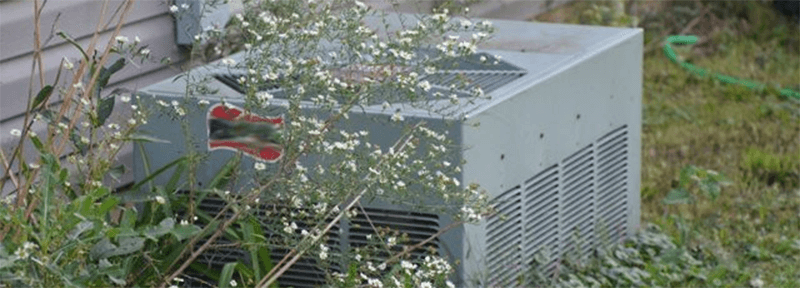
It is a myth that age alone can make a system fail, so be wary of anyone that tells you otherwise. If you are considering repairing or replacing your old unit, you need to look at how often you run your system.
Run-time for your system is based on:
- Where you live
- What type of system you have
- How often you choose to run it
Some modern systems have run-time monitors that keep track of this information for you kind of like an odometer on your car. Until those become widely adopted, check out these approximate ranges for what you might expect:
Warm States – If you live in an area of the country that experiences long summer cooling seasons (8-9 months or more) then you likely have logged a lot of hours on your system. As a general rule, you can expect to have a system that runs effectively for about 10 to 15 years based on normal usage. If your system is a few years younger than this you should favor repairing it instead of replacing.
Moderate States – If you live in the Midwest or Northeast where the cooling season runs from about May to September, you might be able to get a few more years out of your air conditioning system – approximately 15-18 years based on normal usage.
Cold States – If you live in the North, such as Minnesota, Maine, North Dakota, etc., you could have a central air conditioner that has seen very little run time and could be worth repairing even if it is more than 20 years old. Run-time is the main factor, not age, and your contractor can help you make this determination.
Heat Pumps – If you have a heat pump that means your system is used for both heating and cooling and has had almost twice the run time of an air conditioning only system. You can almost divide the above times in half to determine how long an older heat pump system might last under normal usage.
Bottom Line: Air conditioning and heat pump systems do not simply go bad because they are old.
- These are sealed systems and if you maintain them properly, change the air filters and have periodic maintenance and cleaning done by a contractor, they should easily run well throughout their useful life.
- If the system is not maintained or has experienced a lot of run hours in extreme conditions it might not last as long as you would expect.
- You should always check your warranty before you decide whether to repair or replace your system.
- Over the past few years, OEM system warranties have been extended to cover a lot of repairs – even out to ten years or more.
- Talk to your contractor about your options and make the best decision for you.
Have you been told your system needed to be replaced simply because it was old?
Related Articles
Repair vs Replace: How to Talk to Homeowners


